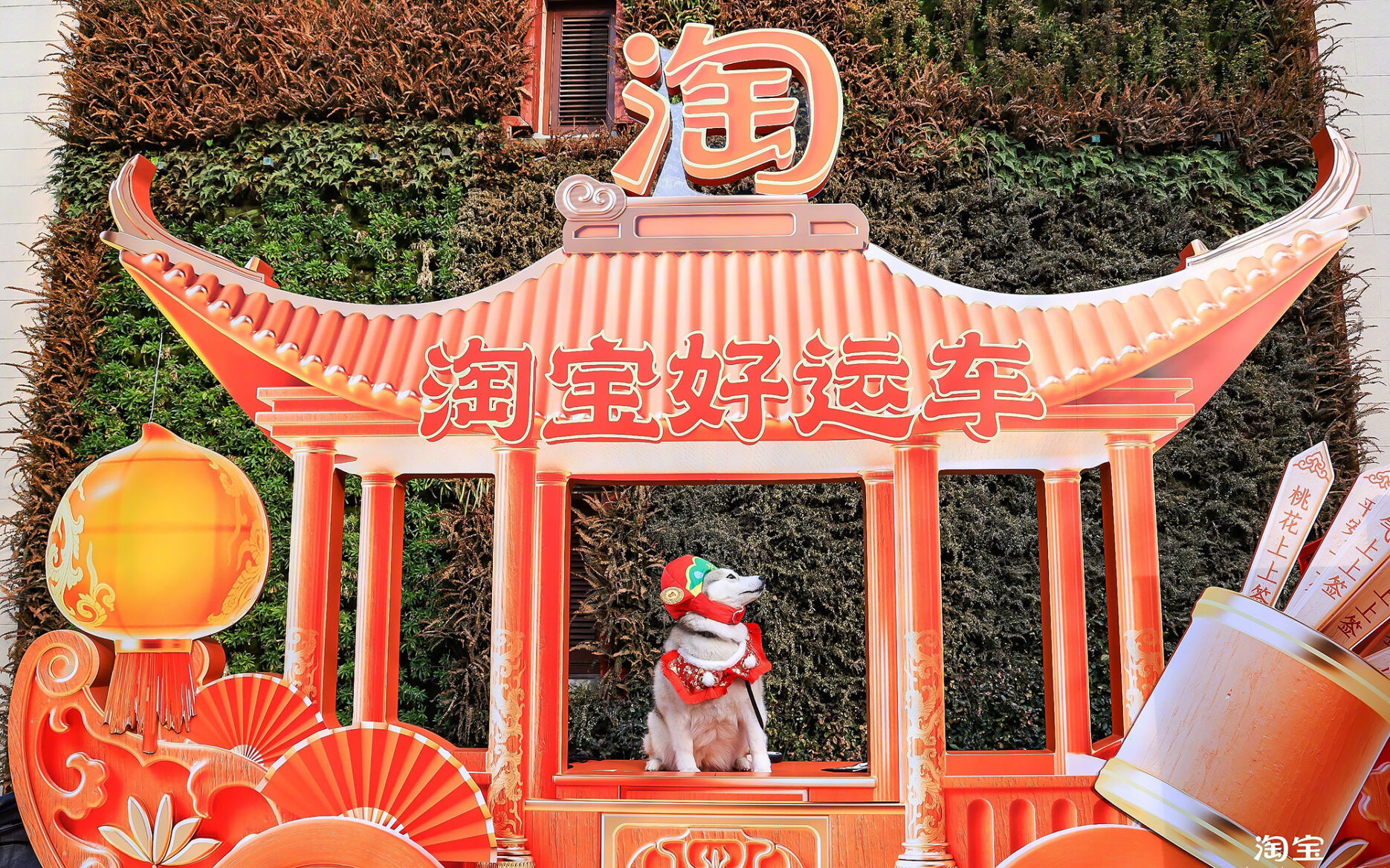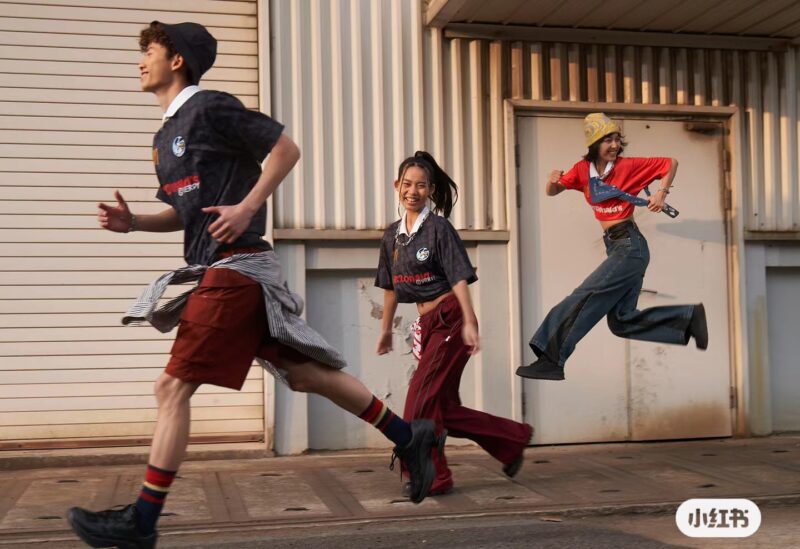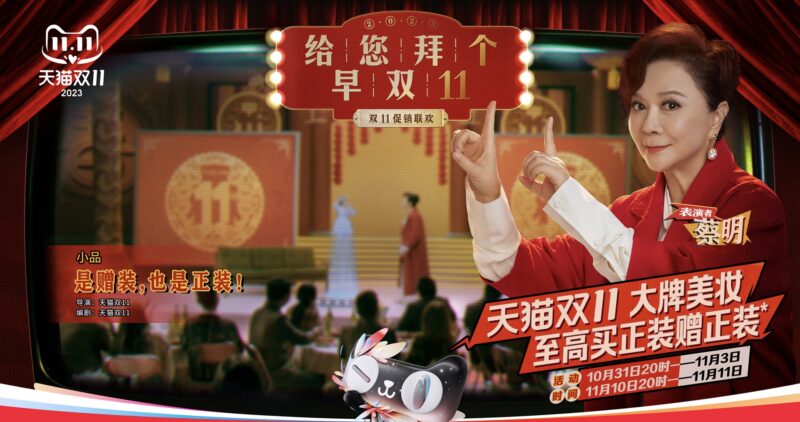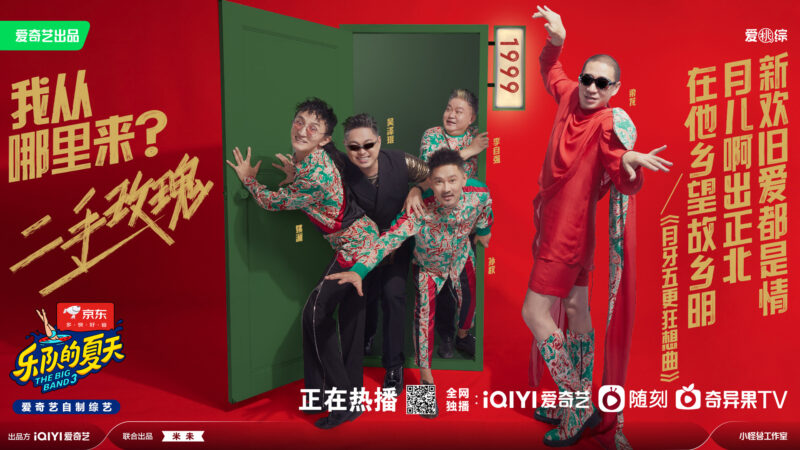Key takeaways:
- Taobao brings a New Year market with a twist to 5 cities around China
- The event combines traditional fortune-wishing elements and modern live music aimed at younger audiences
- The offline events drive traffic back to Taobao’s online platform
As the new year kicks off and Chinese New Year is on the horizon, it is traditionally the time to shop for supplies for the CNY period and to wish for good fortune for the next year. E-commerce goliath Taobao took the opportunity to combine the traditional New Year market with a modern twist and bring it to “1+4” cities. After the 3-day residency in Shanghai between 5 to 7 January, the market is on track to tour 4 more cities in China: Chongqing, Xi’an, Nanjing and Guangzhou.
New Year Market with a twist
The market is named “Lai Fu Hao Shi” (来福好市), literally meaning a good market that brings luck. Wishing good fortune and praying are gaining popularity among the younger generations in China, especially around traditional holidays such as Chinese New Year.
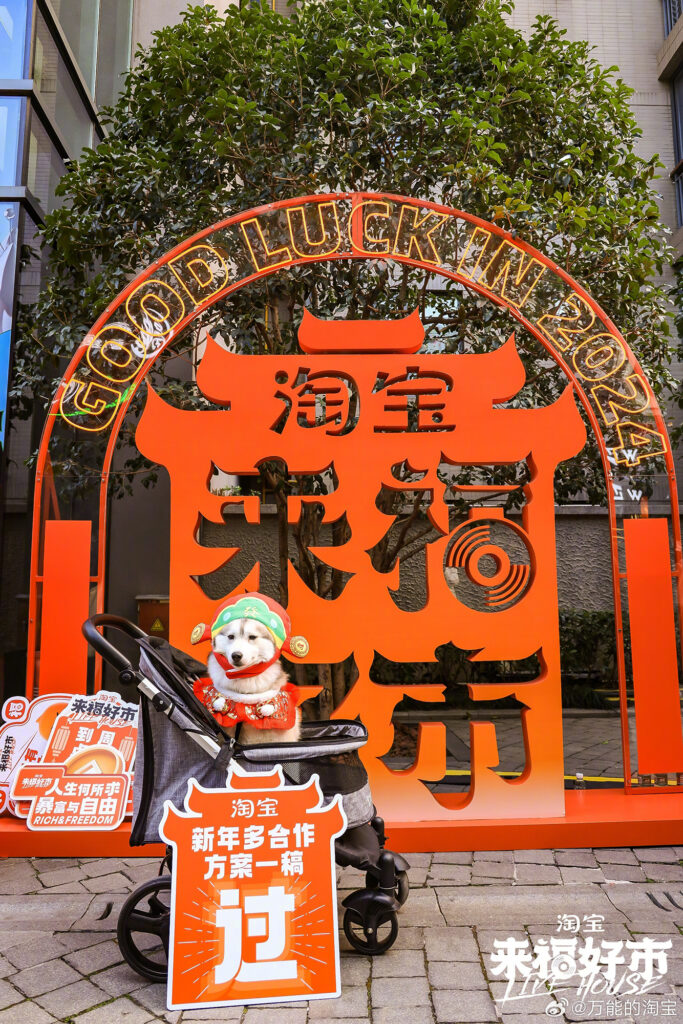
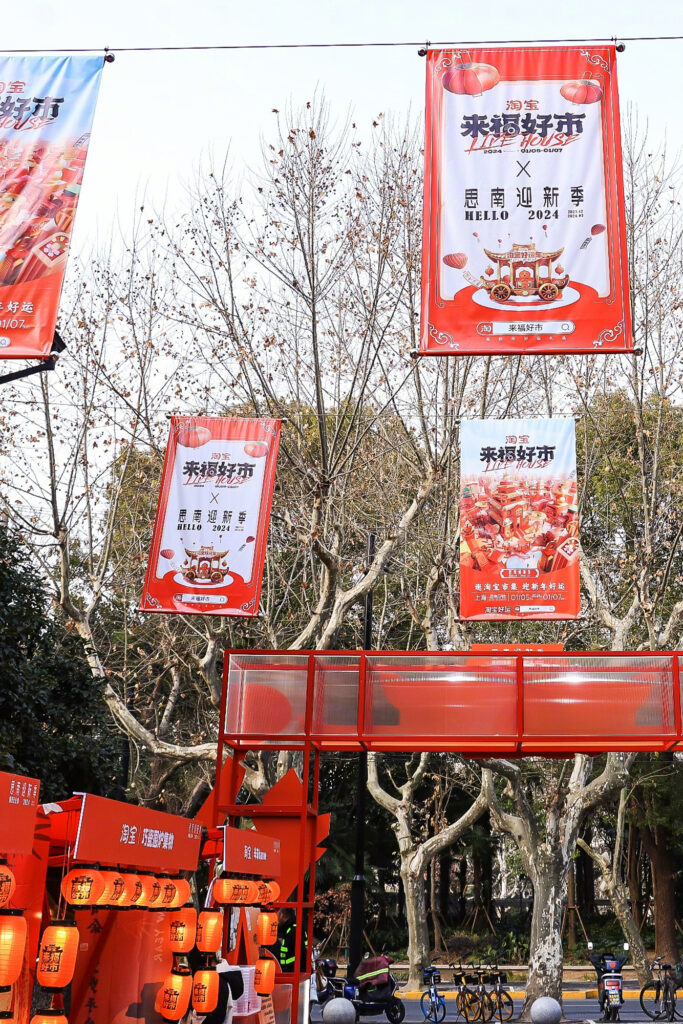
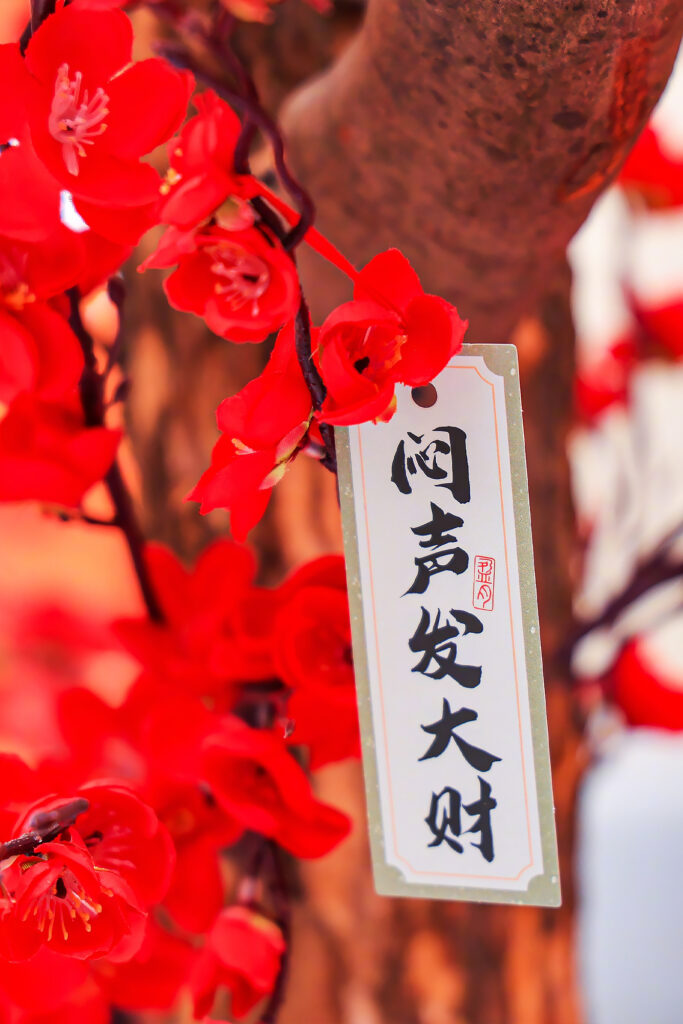
The market resembles miaohui (庙会), or temple fairs, a traditional type of fair which combines worship and market gatherings, usually held around the time of the festivities. Taobao’s market is centred around the concept of fortune and wishes, bringing together a traditional New Year event to a younger audience.
The market resembles miaohui (庙会), a traditional fair that combines worship and market
It is also worth noting that “Lai Fu Hao Shi” is a transliteration of “live house”, a type of live music venue imported from Japan. The modern twist of the market is, as the name suggests, the unlikely integration of live music from rock brands. An eclectic selection of bands from rockabilly trio Who Shout Billy to math rockers MOONBAND were invited to play at Taobao’s Shanghai market tour on 6 January. Live music, especially rock bands, have seen a surge in popularity within mainstream youth culture in recent years, partly due to the music reality show The Big Band which streamed between 2019 and 2023.
City walk? More like Lucky walk!
The Shanghai leg of the market was held in the Sinan Mansions, a restored complex of historical Western-style mansions. The complex hosts residential, commercial and art spaces and is representative of the East-meet-West culture and aesthetic of Shanghai.
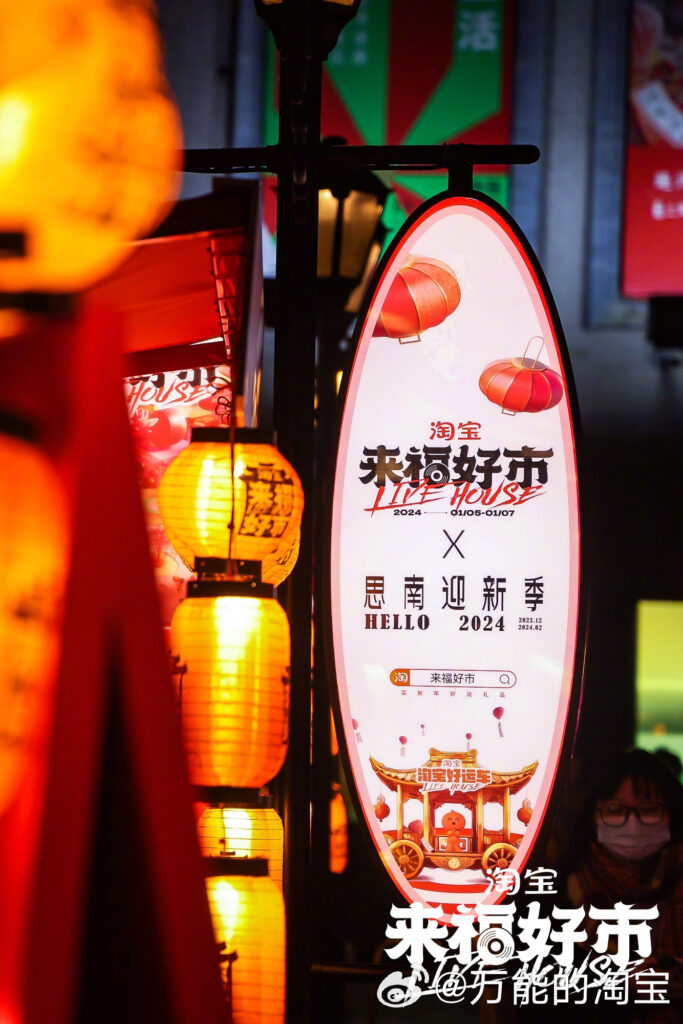
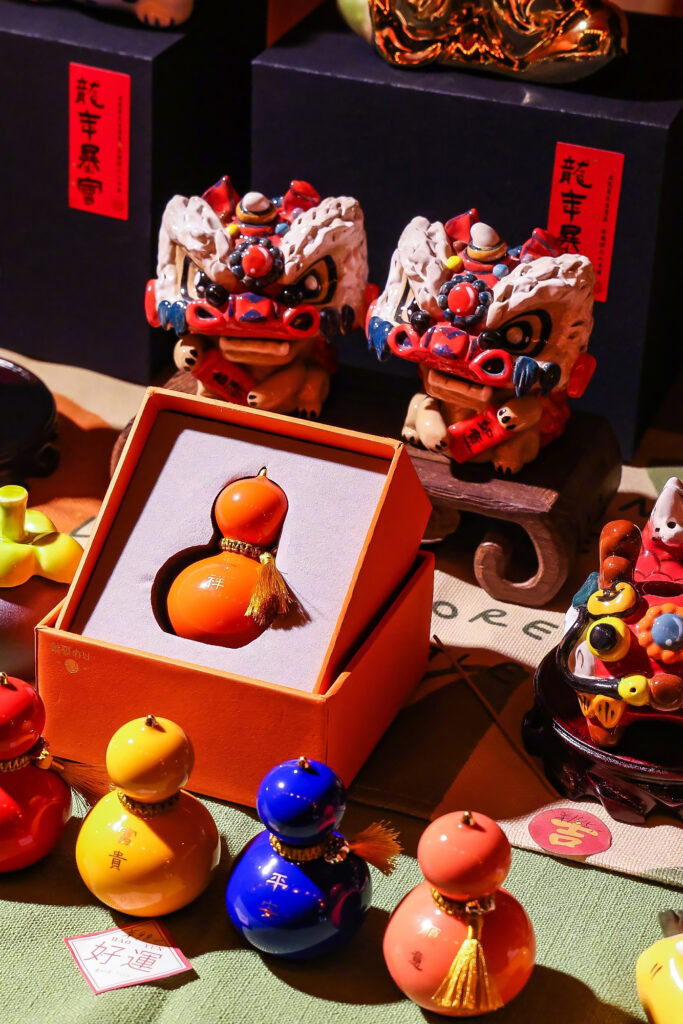
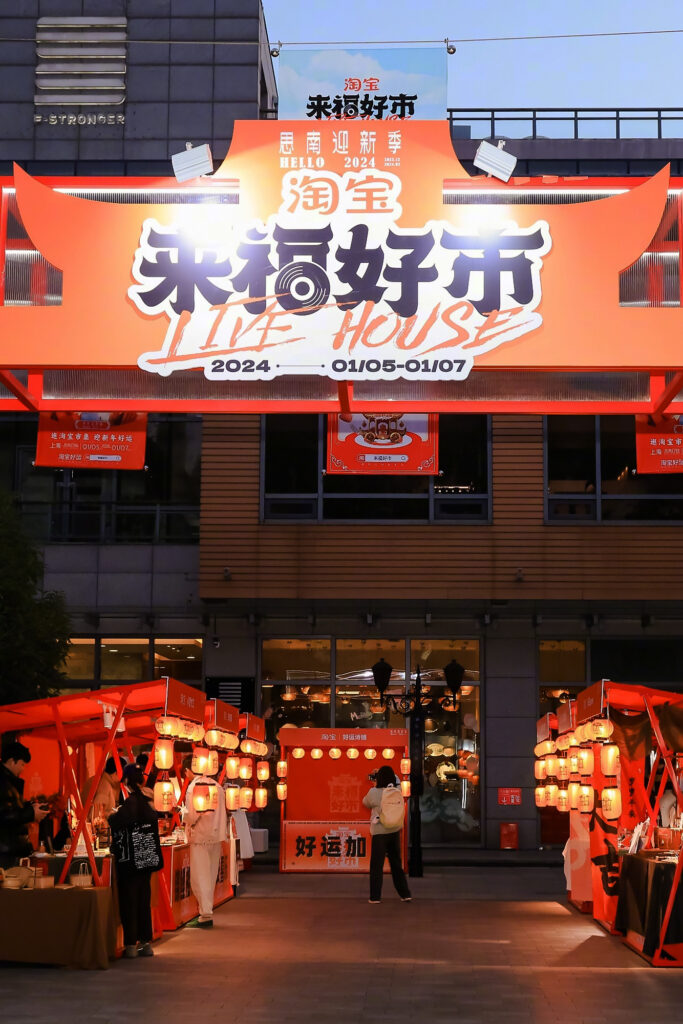
Decorated with paper lanterns, the market booths are modelled after traditional architecture. Taobao’s trademark orange is also heavily used since it is close to the traditional colour red for Chinese New Year. The centrepiece of the market is a temple-looking “good luck cart” for luck-wishing. With the highly photogenic cart, the market drives home the idea of bringing fortune to visitors.
Taobao has partnered with Tmall brands such as cultural gift shop Ciyuange and instant milk tea brand Xiang Piao Piao to bring merchandise to the market. More significantly, Taobao has also brought gift shop items from sacred Buddhist sites Mount Putuo and Mount Wutai including prayer beads and various objects d’art to the market, which added to the fortune-wishing element of the event. Interactive touchpoints have also been included, such as live poetry composition and calligraphy for good fortune, as well as laser-cut Chinese paper cuttings to hang on plum trees, and Year of the Dragon-themed games.
They are marketed as a larger scale “citywalk” called a “lucky walk”
Four further locations were announced soon after the Shanghai event. They are marketed as a larger scale “citywalk” which has been popular since late 2023, and called a “lucky walk”. The future events will be held in Guanyinqiao, Chongqing between 13 and 14 January and Yongxingfang traditional commercial street in Xi’an, Shaanxi on 20 and 21 January. Then the market goes to Xinjiekou in Nanjing, Jiangsu between 27 and 28 January before hosting a grand finale from 7 to 9 February at the traditional CNY flower market in Haizhu, Guangzhou, Guangdong, just before Chinese New Year on 10 February.
From online to offline, and back again
At the same time, Taobao has complemented the market with online events on its platform. The e-commerce app added interactions like cyber wish-making, digital fortune stick drawing etc. to bring luck to those who are unable to join the lucky walk. Prizes up to 6 RMB (0.84 USD) can be won through the fortune stick draw. The “Lai Fu Hao Shi” event quickly shot to number 3 on the hot search list on the Taobao platform. The interest from the offline event in turn drives traffic back to the online platform.
This is not the first time Taobao has driven footfall from offline events to support online sales through a tour of the country. As recent as the lead-up to Double 11 in 2023, Taobao and Tmall toured 18 cities in 18 days, bringing giant mascots from both brands as attractions and “check-in” points to build hype around the Double 11 sales events.
The series of events bridge the new year of 2024 with the Chinese New Year of the Dragon
Taobao brings a twist to a traditional event during the festive season without omitting the luck-wishing elements of its roots in temple fairs. By ending the final leg of the tour at a traditional CNY flower market on Chinese New Year’s Eve, the series of events bridge the new year of 2024 with the Chinese New Year of the Dragon. With the younger generation becoming increasingly attracted to spiritual and wish-granting aspects of traditional culture, the event provides emotional value for visitors, as well as the fun expected of a New Year market.




